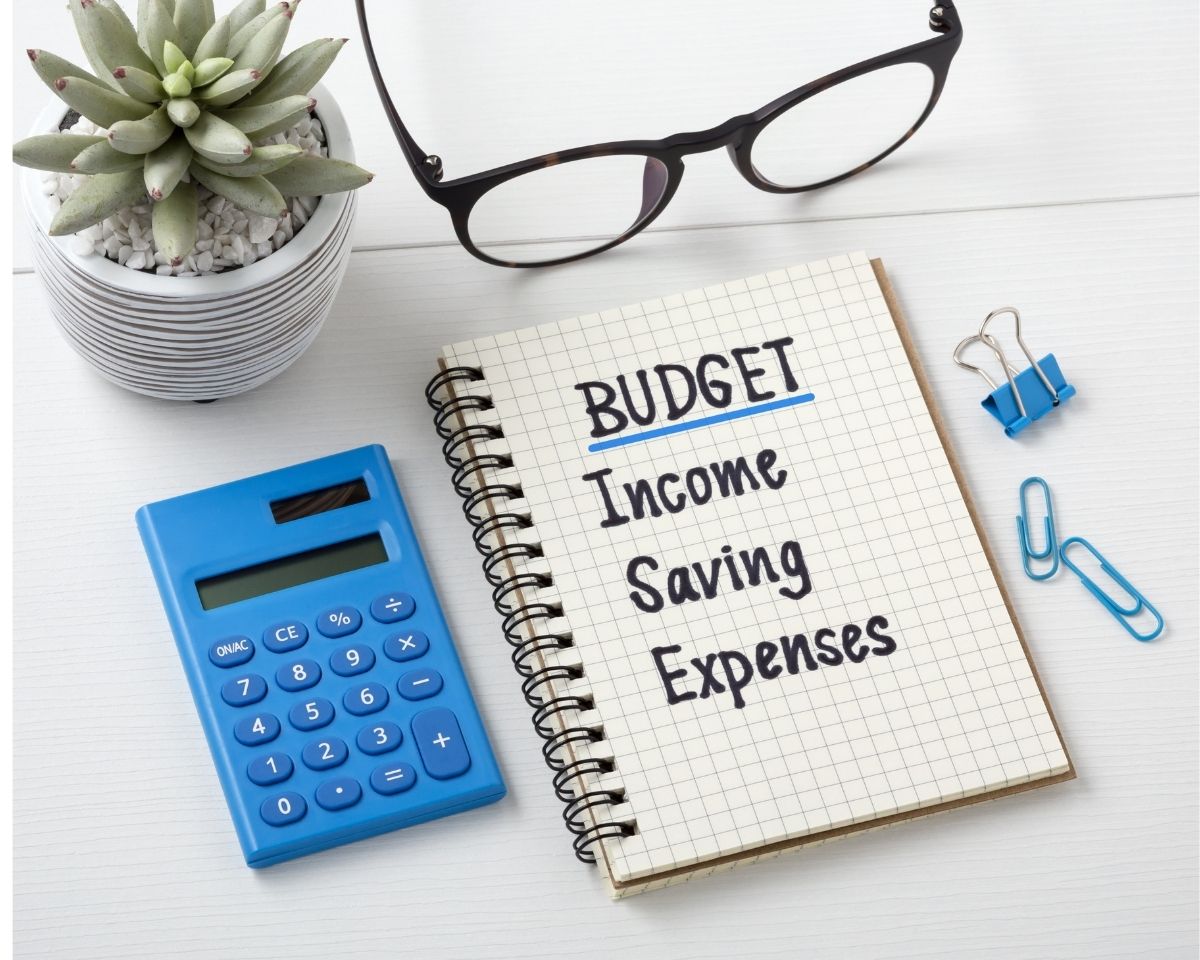As I prepared to leave 2020 behind and begin a New Year, I went back to the drawing board pondering the dreams and goals I want to achieve in 2021.
The thing that came out on the top of my list was financial stability. How can I properly manage my finances to free myself from the stress that comes with financial instability? I knew budgeting would be a great start for me, but I was clueless on how to go about it; so I reached out to a community member and friend in the banking world.
I sent him questions regarding the importance of budgeting and the best ways of implementing a budget.
Here are my questions and his responses.
What is a budget?
Budgeting is the plan for spending your money on essentials, lifestyle, and future expenses. In its simplest form, it is an accounting of your income and expenses. It’s a picture of how much you are making and what you are spending that money on.
Why is a budget important?
Building a budget allows you to measure spending habits, and to find ways to reach your goals by adjusting how and what you spend. Budgeting will make it easier for you to determine whether you have enough money to cover living expenses or other things you like to do.
Managing your budget helps:
- Avoid debt
- Reach savings goals
- Cut unnecessary expenses
- Build a strong financial foundation and reach those milestones in your life
How do you build a budget?
Track each source of income and expenses. This can be done by using spreadsheets, an online service, bank account statements, budgeting apps, or even a simple notebook.
Step 1: Write down your monthly expenses and savings goals. The monthly expenses have a combination of Fixed Expenses (amount remains the same month over month – e.g. mortgage or rent) and Variable Expenses (amount fluctuates month over month depending on amount used or purchased – e.g. utilities). Expenses include: bills like mortgage or rent, entertainment, clothes, and savings.
Step 2: Write down your monthly income – this is money you bring in after taxes. This income can be from an employer paycheck, contract work, and any other money you get such as passive income, alimony, and child support.
Step 3: Now, subtract your total monthly expenses from your total after tax income and see what is left. If a positive number (surplus) that’s good but if it’s a negative (deficit) number then consider trimming expenses somewhere. In essence, the goal at minimum is to have the money you made cover your living expenses, debt, and saving goals.
Implementing a budget is the first step but I’m guessing the most difficult and perhaps most important step is following and updating your budget. How should one go about that?
Review and monitor! Review your previous months spending habits and look for ways you can cut costs, pay off debt sooner, and add to your savings. At the beginning of each month, review and make a plan for how you will spend your money. Write down what you think you will earn and spend for the month. Write down or gather from your online account what you spend each day and categorize it. It is best to do this daily but you could also do it weekly. The small daily purchases can add up to a large sum by month’s end. Continue to review and monitor your budget as your life circumstances and priorities change.
If you made it this far, it’s fair to say that you have acquired the knowledge necessary to start budgeting and embark on the journey to a life free of financial worries. Yes,budgeting is hard, but so was 2020, and we survived and here we are on the other side.
Let’s use that energy and our tenacity to make 2021 a great year, and reduce our financial worries so we can focus on building a stronger and better community!


